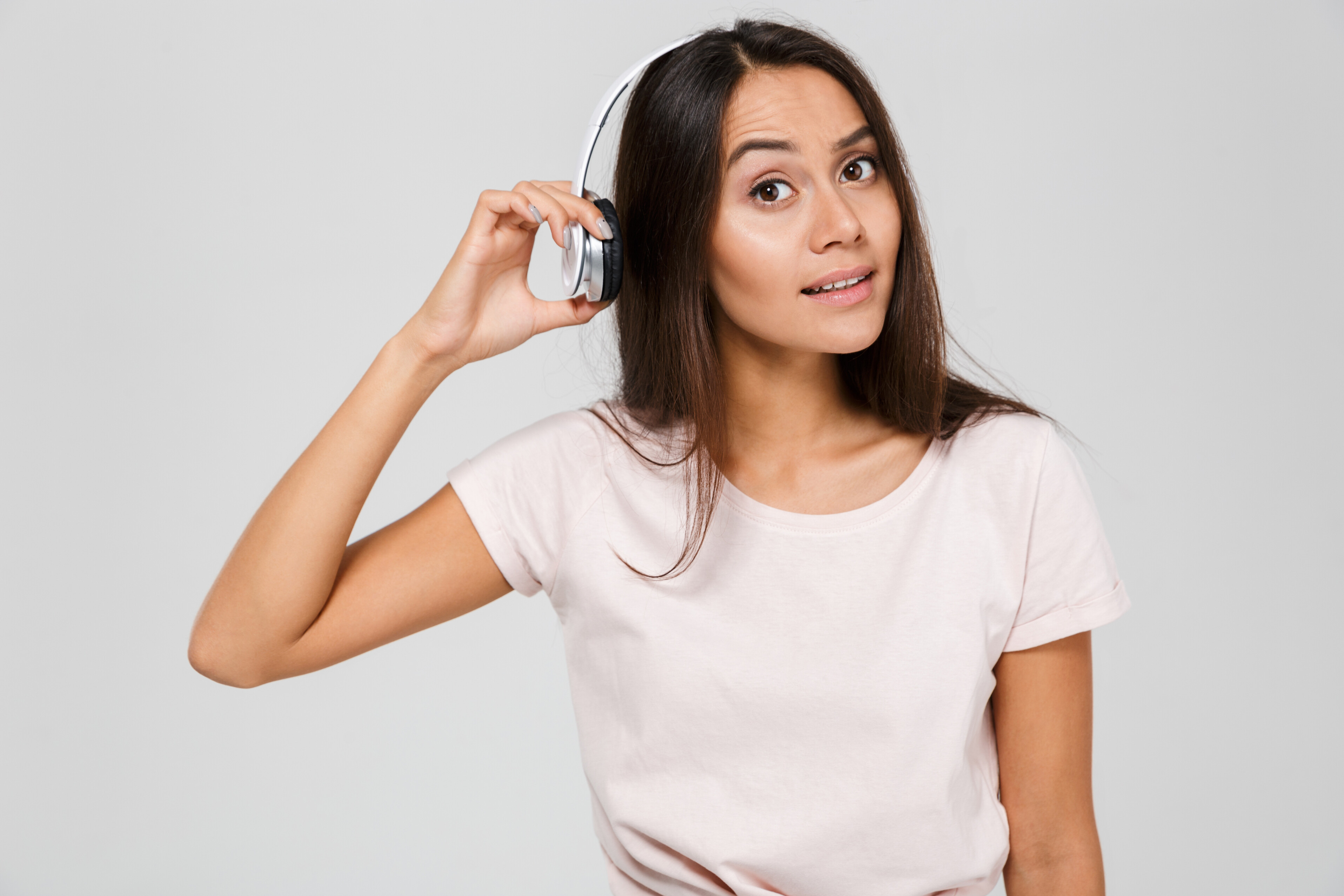
Have you been turning the volume up more often lately? Maybe you're cranking up your favorite tune to drown out the noise of the subway or blasting the car radio to overpower the sound of the wind. Or maybe loud noises are not self-induced. You may work in an environment where loud backgrounds are the norm. What you may not know is that prolonged exposure to noise can lead to permanent hearing loss over time. “And once it's gone, it's gone for good,” says Dr. Smita Hiremath, a member of the audiology team at Summit Health.
"Hearing loss is more common than people realize," says Dr. Hiremath, who points out that more than five percent of the world's population has disabling hearing loss. The World Health Organization estimates this figure will increase to one in every 10 people by 2050. While there are a number of factors that can lead to hearing loss, including genetics, illness, and age, the good news is there are steps you can take to protect your ears at any stage of life.
Limit exposure to loud noise
Prolonged exposure to that jackhammer on your street corner, power tools like lawn mowers and drills, or standing next to blaring speakers at a concert can all damage your hearing over time. Set time limits for yourself if you attend loud parties or other events and give yourself quiet time afterward to allow your ears to recuperate.
Turn the volume down at home
Aim for no more than 60 percent of the maximum volume on your smartphone or personal audio device. When purchasing appliances for the home and yard, look for those that have low noise ratings. And if you're watching TV, keep it at a comfortable volume; if you can hear it from the next room, it's probably too loud.
Wear ear protection
Foam or rubber earplugs are a good way to protect your hearing, as they can reduce noise levels by 9 to 15 decibels. While you could buy them off the shelf from a drug store or music shop, you could also consider asking your audiologist to custom fit a pair for you. Custom made earplugs reduce noise levels by 25 to 27 decibels.
Noise-canceling headphones can also help you hear more efficiently by cutting out background noise. Consider using them if you travel frequently on planes, trains, or the subway.
Get tested immediately if you notice hearing loss
If you hear ringing in your ears, frequently ask people to speak up, or have relatives with hearing loss, make an appointment to have your hearing tested right away. “Any sudden changes in what you can hear should be addressed immediately,” says Dr. Hiremath, as it could be a symptom of more serious medical problems. "Get into an urgent care or see an ear nose and throat specialist right away because the longer you wait, the more challenging it will be to treat it."
Get a hearing test if you are experiencing cognitive decline
Signs of cognitive decline include impaired judgment, confusion, poor motor coordination, and loss of memory. While age is the primary cause of cognitive decline, hearing loss can occur in conjunction with it. By treating underlying hearing impairments in individuals with cognitive problems or even dementia, quality of life can be improved. If you think you are experiencing cognitive impairment or decline, you may want to get tested by an audiologist to ensure hearing loss is not increasing your challenges.
